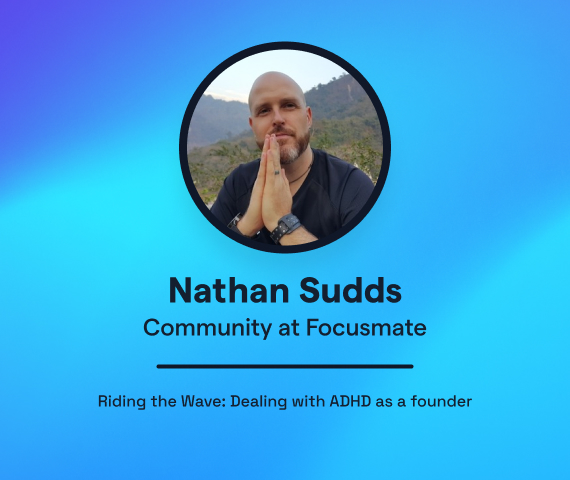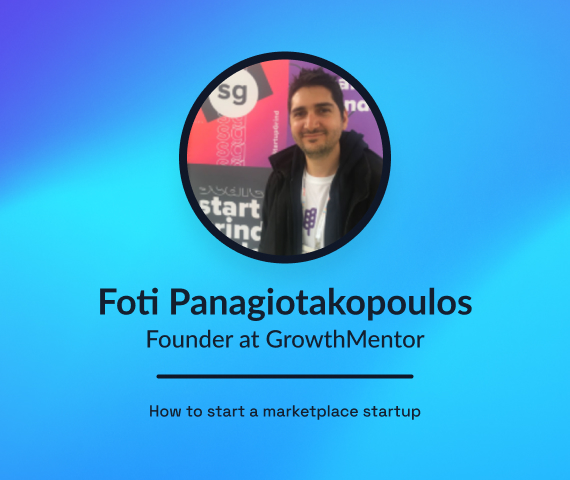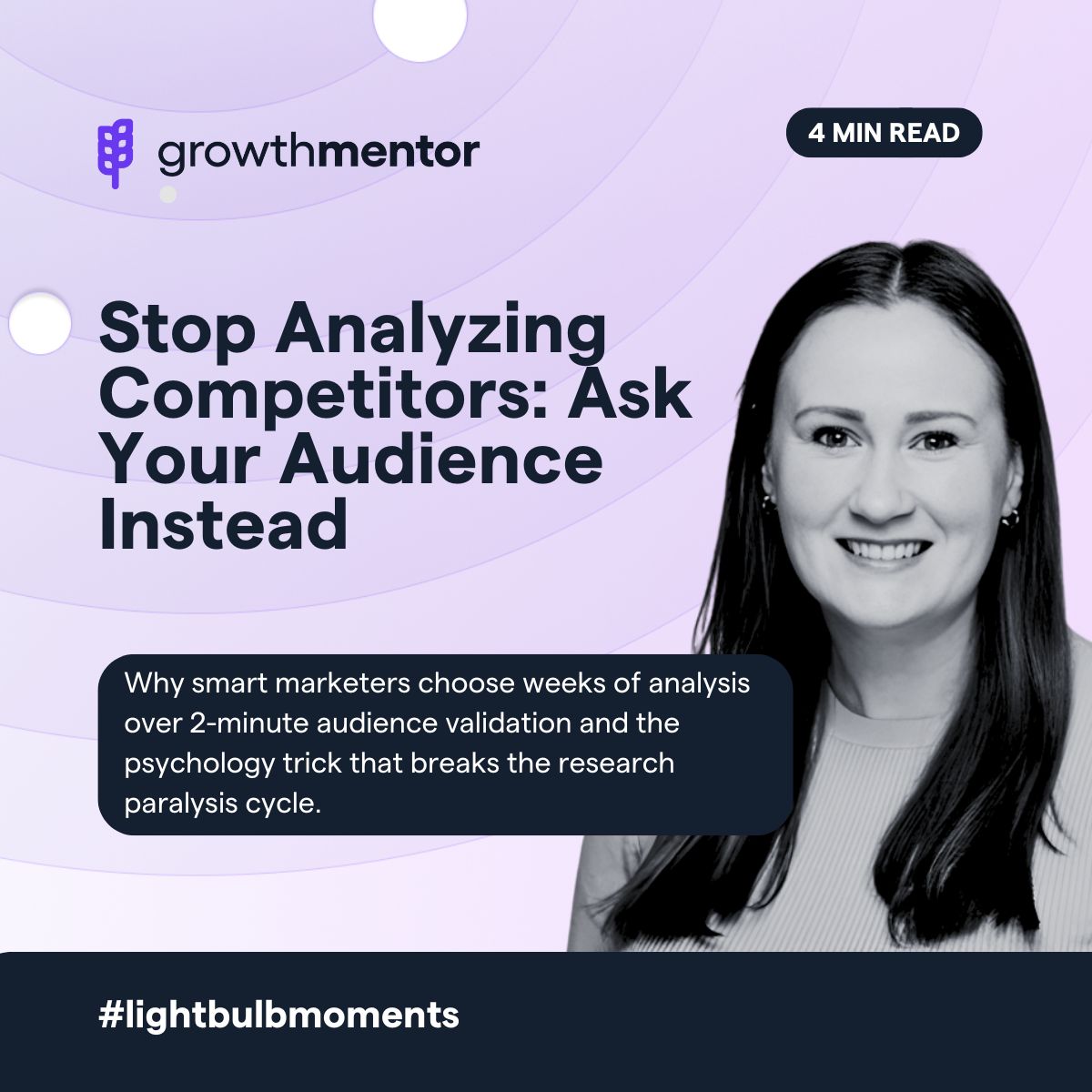When a Founder Building AI Interview Tools Asked Me About Market Reality
“I’m building automation for customer interviews,” David said during our GrowthMentor call. “I want to check if companies really do hundreds of interviews a year and if they want to scale it up.”
He was developing an AI model to replace researchers in moderated interviews and needed to understand the market reality. Was there actually demand for automating customer research processes?
I had to smile. He’d found a massive pain point.
The Manual Research Reality I See Everywhere
“As a product manager working closely with research teams daily, here’s what I’m seeing,” I told David.
Take the process we use at major e-commerce and scale-up companies. We run 2 to 3 moderated research studies per month (depending on the team), usually around 10 interviews per project. For unmoderated research through tools like Maze, we do about 2 projects quarterly with 50-100 participants each.
But here’s what kills me about the current process:
I have been using Qualtrics for unmoderated surveys and moderated sessions to screen participants. Then someone manually reviews every response, copies qualified participants into spreadsheets, sends individual outreach emails, coordinates calendars, and sets up testing sessions one by one. For user testing, participants can be selected directly through Maze, UserTesting, or our internal user base.
“How much time does that take?” David asked.
“About 15-20 hours per project when you factor in the user researcher, designer, and product manager time. Just a couple of thousand per project when you include incentives, salaries, and other costs.”
Why Current Tools Miss the Mark
“I’ve seen some conversational research tools,” I told David. “AI-powered interviews where users talk to bots instead of humans. The efficiency is obvious: cheaper, faster, scalable.”
David’s eyes lit up. “What do you think about that approach?”
“Honestly? I think it’s the future. User researchers want to see emotions and have recordings, but the manual process doesn’t scale. If you can capture the same insights with AI at 10x the volume, that’s a no-brainer.”
The bottleneck isn’t participant availability or budget. It’s the manual coordination eating up researcher bandwidth. Even the newer tools are starting to provide AI-driven notes at the end of moderated interviews directly in the platform, which is a massive time saver.
The Market Opportunity David Discovered
During our 30-minute call, I walked David through:
- Volume reality: Most teams do 10-20 interviews quarterly (want to do 100+)
- Cost structure: €30-60 vouchers per participant for the longest sessions, plus massive coordination overhead
- Tool fragmentation: Qualtrics + UserTesting + Respondent + Maze + manual spreadsheets
- Scaling the ceiling: Manual processes that break at volume
“The companies doing hundreds of interviews yearly? They exist, but they’re limited by operations, not demand,” I explained.
David was taking notes furiously. He’d identified a real problem.
What This Means for Research Automation
The conversation reinforced something I see constantly: smart founders solving expensive manual work with simple automation.
Whether it’s David’s AI interview tool or connecting existing platforms with webhooks, the opportunity is massive. Teams are burning thousands in coordination costs on processes that could run automatically. Plus, companies are reducing budgets for user research and full-time employees dedicated to it, creating a lack of capacity to run deep research.
The question isn’t whether automation will replace manual research workflows. It’s which founders who will build the tools that do it first.
David finished our call with validation that his AI interview automation addresses a real, expensive problem. Sometimes a 30-minute conversation confirms you’re building exactly what the market needs.
This conversation with David reminded me why I love mentoring on GrowthMentor. Founders are building solutions to problems I see daily across dozens of companies. If you’re developing tools for workflow automation and want market validation from a PM who sees these operational pain points constantly, these focused sessions often provide the confirmation you need.




